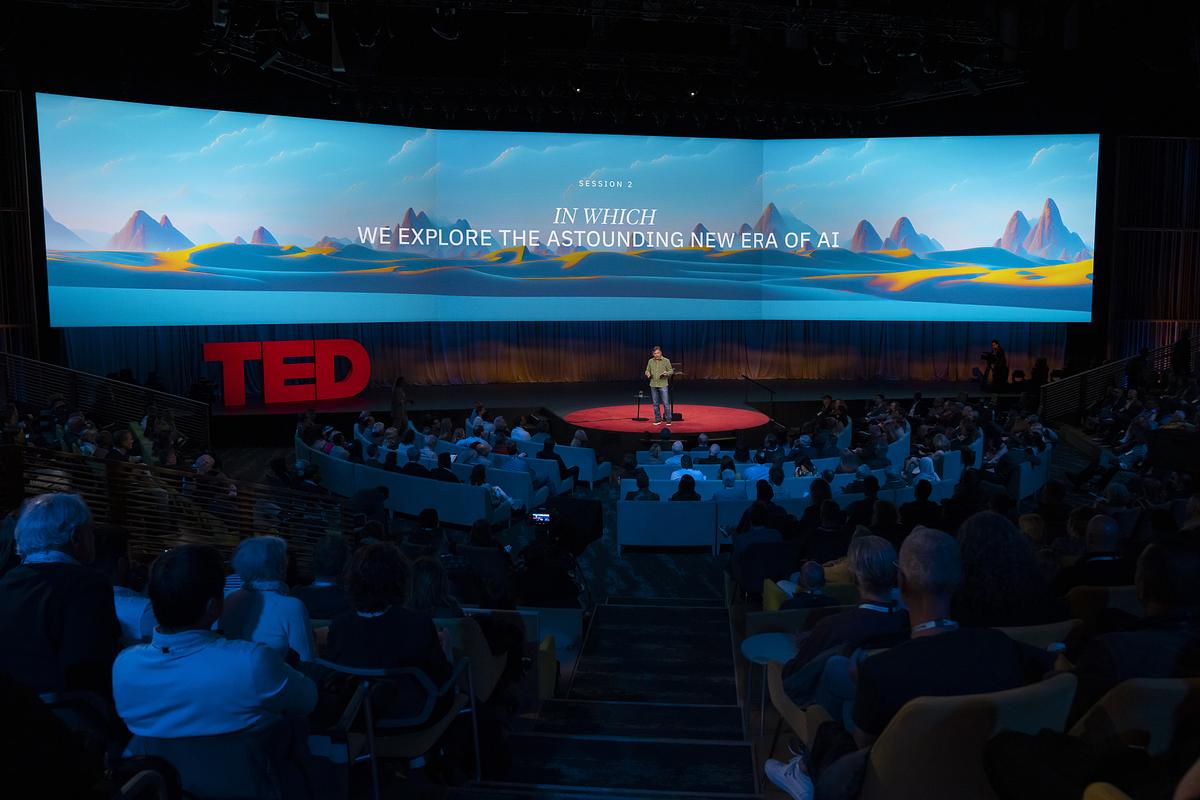
Head of TED Chris Anderson speaks at Session 2 of TED2023: Possibility on April 18, 2023, in Vancouver, BC, Canada. (Photo: Ryan Lash / TED)
Whether you’re thrilled or terrified by it, there’s no question that the time of artificial intelligence has come. Session 2 of TED2023 looked at some of the reasons to get excited about this transformational moment — and gave space to those who have expressed concern about the future it may usher in.
The event: Talks from Session 2 of TED2023: Possibility, hosted by head of TED Chris Anderson
When and where: Tuesday, April 18, 2023, at the Vancouver Convention Centre in Vancouver, BC, Canada
Speakers: Greg Brockman, Yejin Choi, Gary Marcus, Eliezer Yudkowsky, Alexandr Wang, Sal Khan
The talks in brief:
In a talk from the cutting edge of technology, OpenAI cofounder Greg Brockman explores the underlying design principles of GPT-4 — the company’s most advanced large language model — and demos some mind-blowing new plug-ins for ChatGPT. Hooking up his laptop to the big screens in the TED Theater, he shows how ChatGPT could help you create a recipe for dinner, generate an image of the finished dish, draft a tweet about that dish and build the corresponding grocery list in Instacart — all without you ever leaving the chatbot. He also shares its new ability to fact-check its own work (with citations a human could triple-check) and interpret a data-intensive spreadsheet even when given relatively vague instructions. After the talk, head of TED Chris Anderson joins Brockman onstage to dig into the timeline of ChatGPT’s development and get Brockman’s take on the risks, raised by many in the tech industry and beyond, around releasing such a powerful tool into the world.
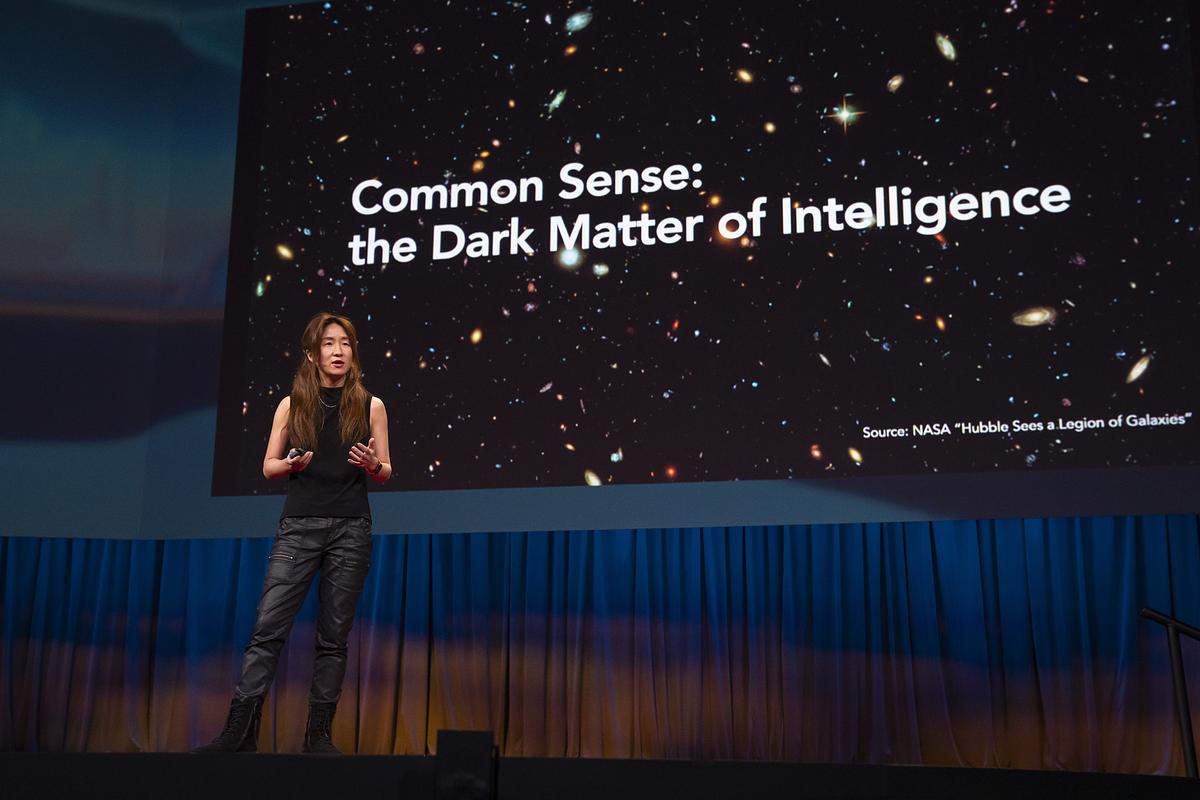
Yejin Choi speaks at Session 2 of TED2023: Possibility on April 18, 2023, in Vancouver, BC, Canada. (Photo: Gilberto Tadday / TED)
“Giving true common sense to AI is still a moonshot, and you don’t reach the moon by making the tallest building in the world one inch taller at a time,” says computer scientist Yejin Choi. The epic scale of many AI systems brings three big issues with it, she says: (1) AI models are expensive to train, (2) their power is concentrated to only a few tech companies and (3) the environmental impact is massive. She shares wisdom on how to give AI common sense by instilling the data it’s trained on with human norms and values (not raw web data) and explains why smaller tech can make for a more humanistic, democratic and sustainable AI future.
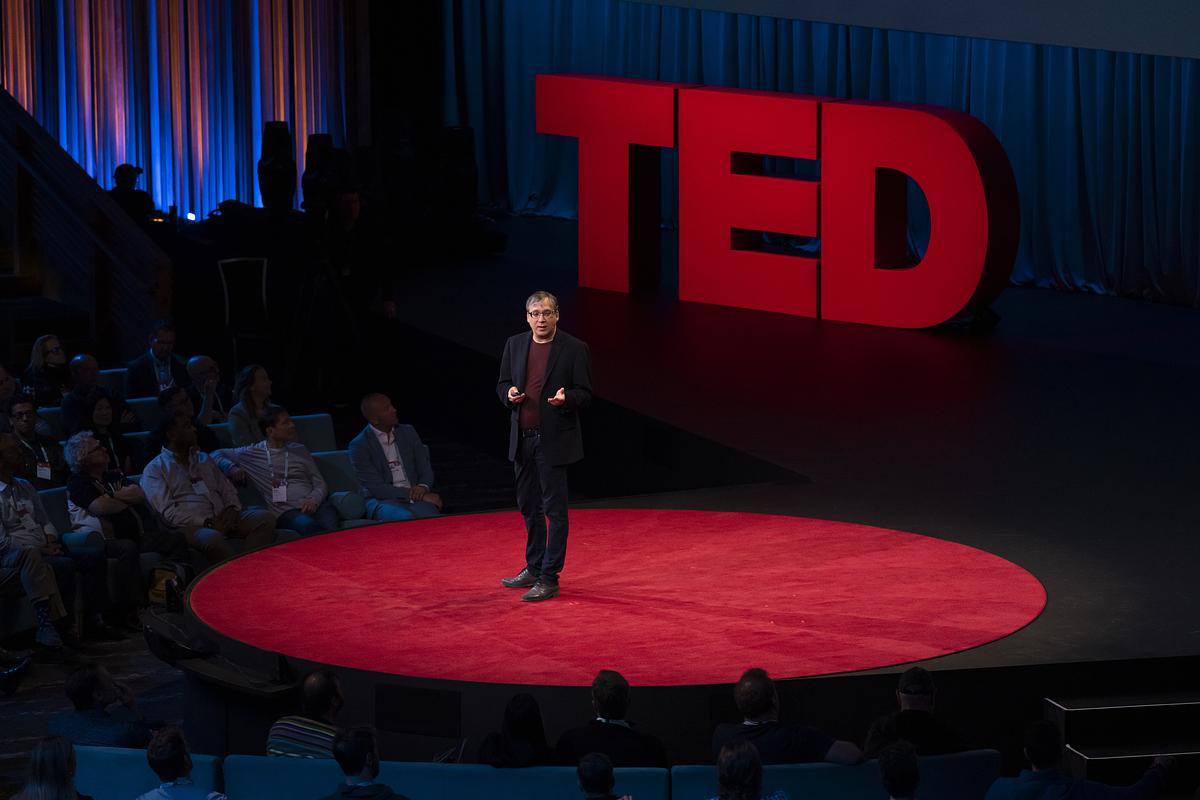
AI prognosticator Gary Marcus speaks at Session 2 of TED2023: Possibility on April 18, 2023, in Vancouver, BC, Canada. (Photo: Gilberto Tadday / TED)
Misinformation poses a threat to democracies worldwide. How will the rise of AI systems like ChatGPT impact this trend? As a leading voice in artificial intelligence, Gary Marcus advocates for an international AI regulatory body and says we should find a way to integrate ChatGPT’s brute statistical power with more trustworthy, logic-based systems.
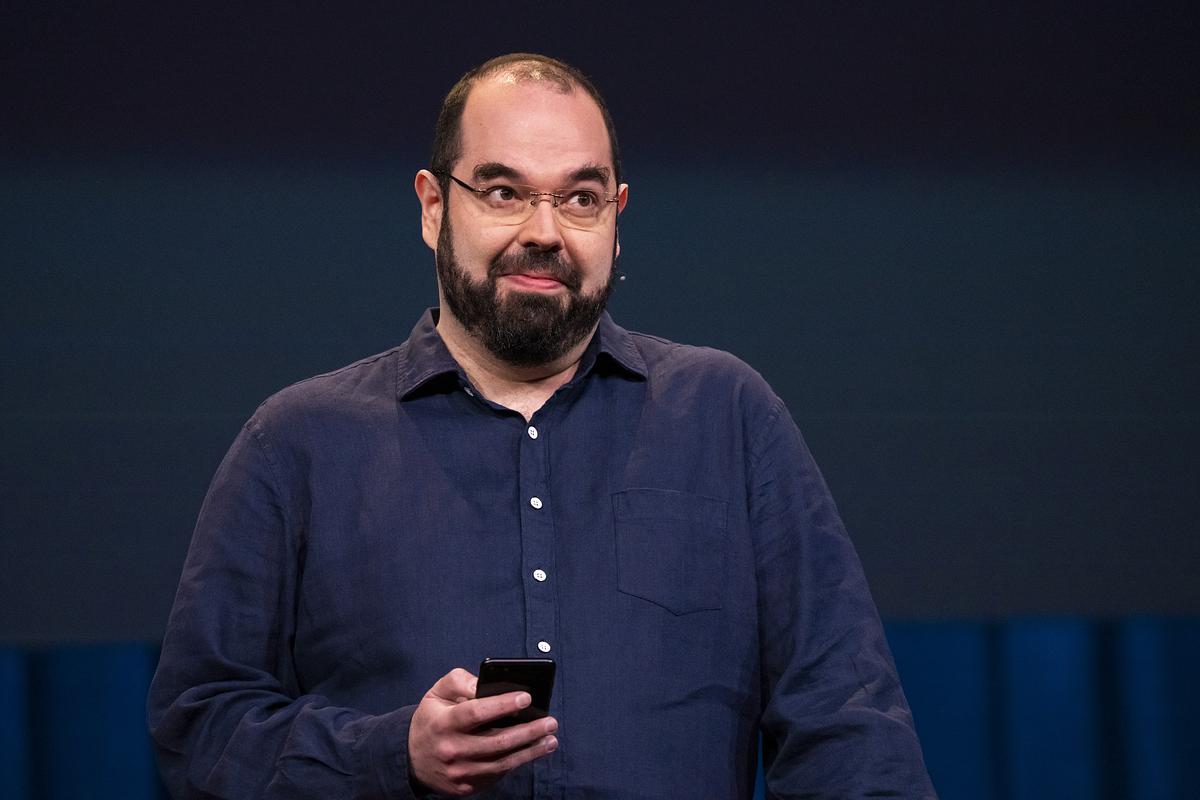
Decision theorist Eliezer Yudkowsky speaks at Session 2 of TED2023: Possibility on April 18, 2023, in Vancouver, BC, Canada. (Photo: Ryan Lash / TED)
Decision theorist Eliezer Yudkowsky has a simple message: superintelligent AI could probably kill us all. Is an obedient, even benevolent, AI of superhuman intelligence possible? Yes, Yudkowsky says, but inscrutable large language models like ChatGPT are leading us down the wrong path. By the time the world realizes, he thinks it may be too late.
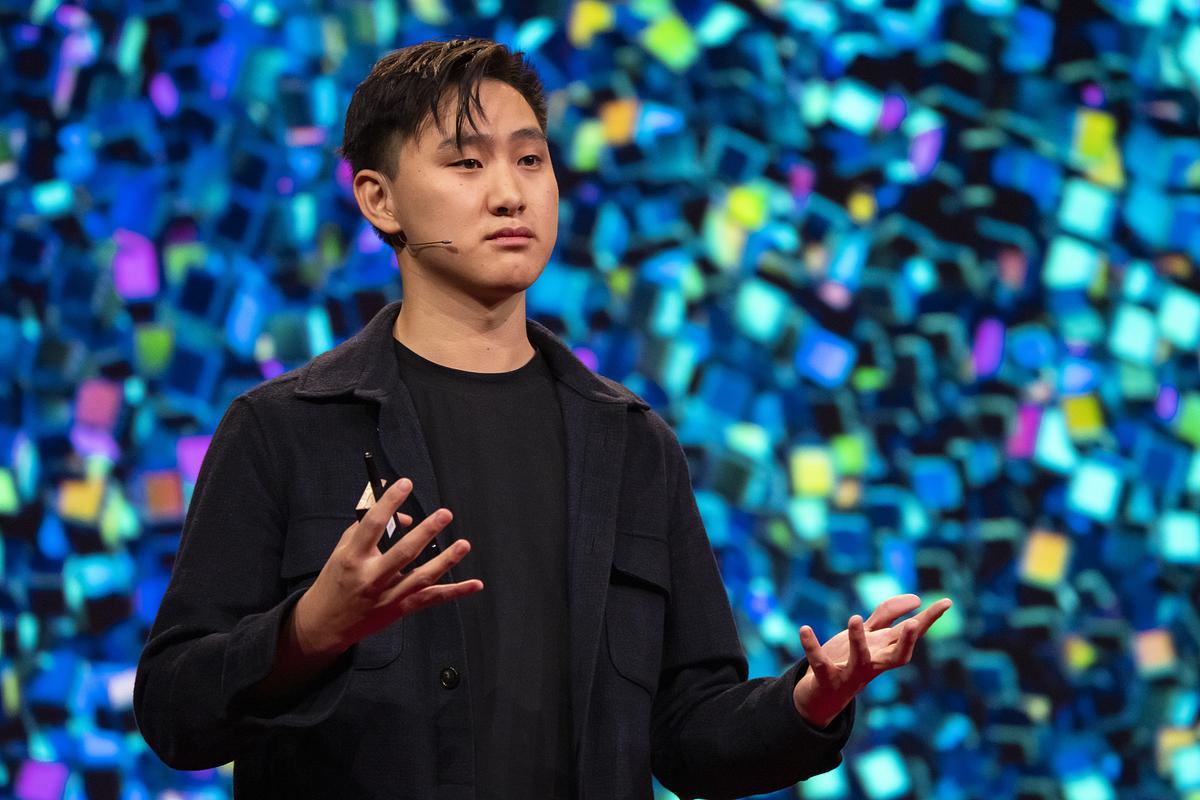
Alexandr Wang speaks at Session 2 of TED2023: Possibility on April 18, 2023, in Vancouver, BC, Canada. (Photo: Ryan Lash / TED)
War and AI. Two words that, when put together, might make you (and possibly the entire world) uncomfortable. But it’s a reality we must face, says AI technologist Alexandr Wang, as a new technological arms race with deep implications for national security and democracy is on our doorstep. Big international players like China are ahead of the game; meanwhile, the Ukraine War is demonstrating the changing nature of war in real-time, with digital tools proving invaluable to the defense of Ukrainian cities and infrastructure. There are a lot of implications to account for, but artificial intelligence can only be as powerful as the data it uses to fuel its algorithms. Wang calls for fellow technologists to rise to the challenge against authoritarian regimes by supporting national security. “We must fight for the world we want to live in. It’s never mattered more.”
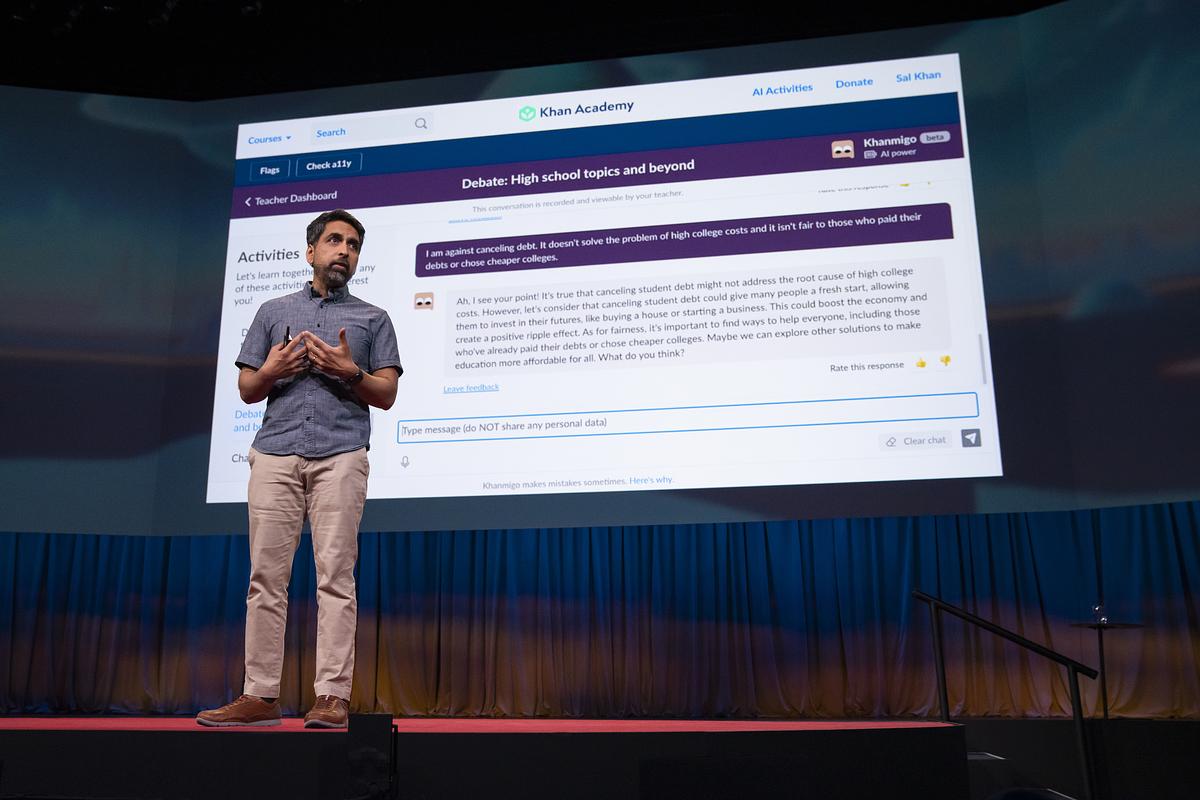
Sal Khan speaks at Session 2 of TED2023: Possibility on April 18, 2023, in Vancouver, BC, Canada. (Photo: Gilberto Tadday / TED)
The current general discourse has suggested that artificial intelligence, especially chatbots like ChatGPT, will lead to the death of education and learning. Not so fast, says education innovator Sal Khan; there is still so much opportunity to better education with these new advanced technologies. He reveals and demos Khan Academy’s education-first chatbot, known as Khanmigo. The chatbot can serve as a tutor for the student and a teaching aide for the educator, helping with lesson plans and more. Like this, artificial intelligence is not a gate, but a key that unlocks a new era of educational potential and acceleration.
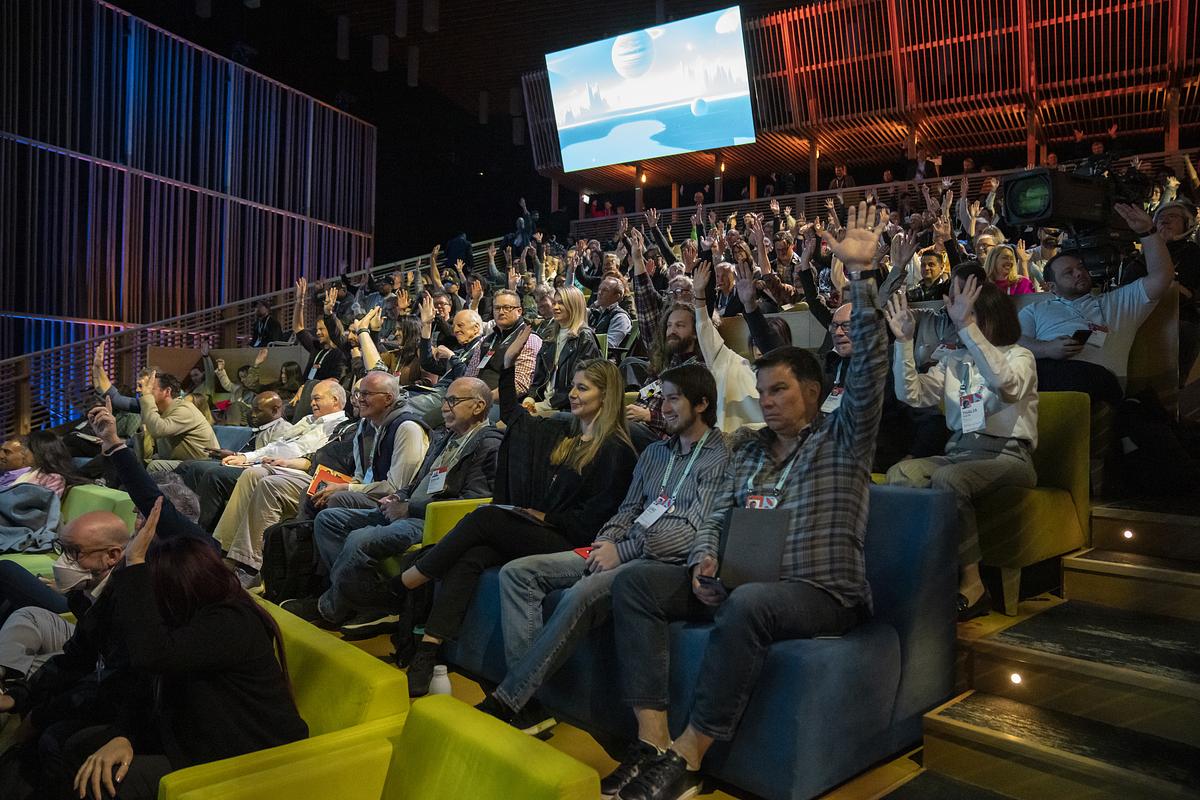
“Excited or concerned, describe your predominant feeling on AI?” Audience members vote with their hands during Session 2 of TED2023: Possibility on April 18, 2023, in Vancouver, BC, Canada. (Photo: Gilberto Tadday / TED)